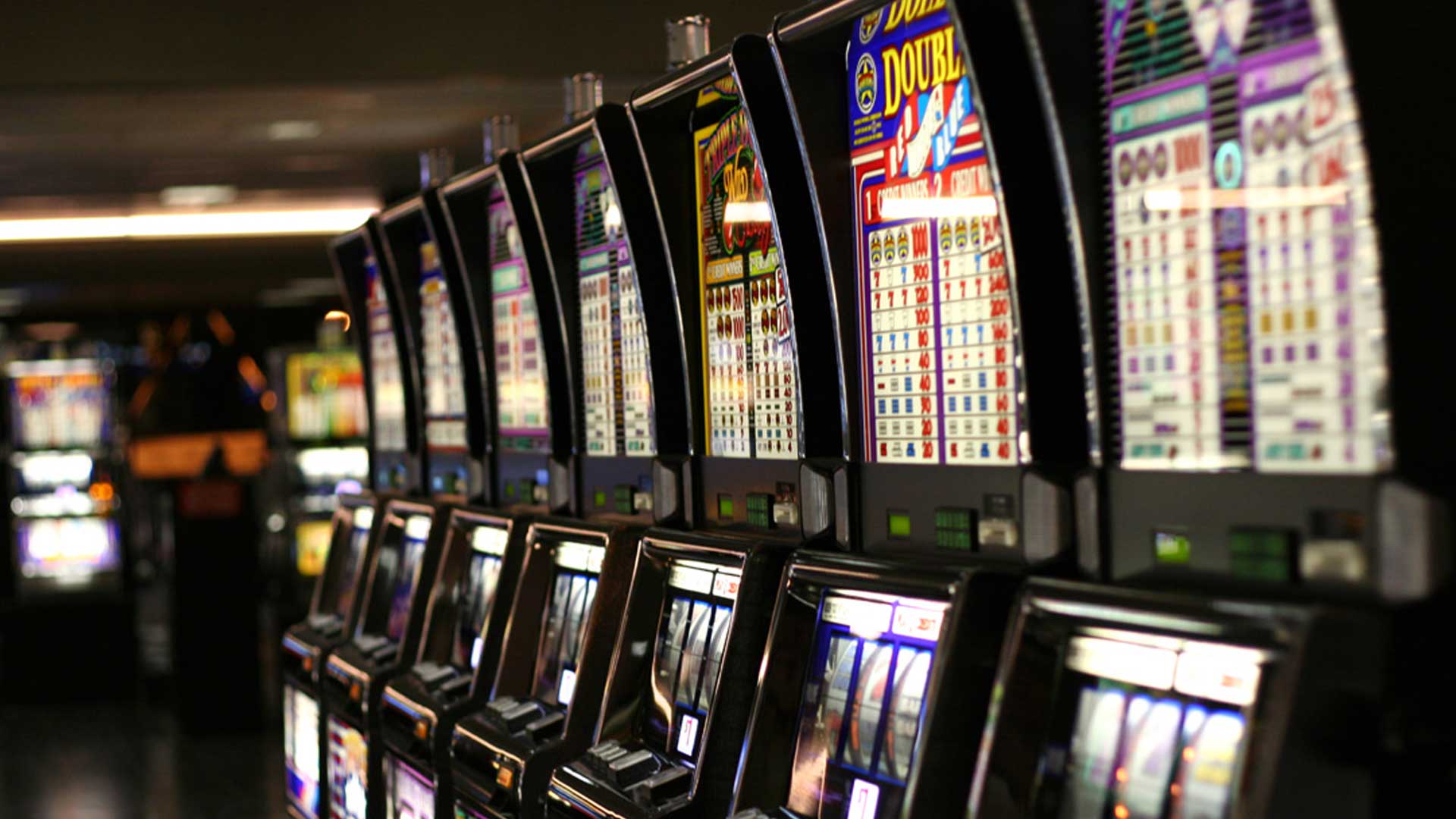Casinos and the Echo of Ancient Games

Casinos and the Echo of Ancient Games: Where History Meets High Stakes
The allure of casinos, with their flashing lights, clattering chips, and the promise of fortune, is undeniable. But beneath the modern glitz and glamour lies a connection to something far older: the echo of ancient games of chance and skill. From rudimentary dice games played by Roman soldiers to sophisticated strategic contests enjoyed by Chinese emperors, the human fascination with wagering and games of risk permeates history, shaping the very fabric of society. This article explores the captivating lineage between ancient games and the modern casino experience, revealing how the past continues to influence our present.
The earliest evidence of games of chance dates back millennia. Archaeological digs have unearthed dice crafted from animal bones and teeth, used by civilizations across the globe. In ancient Egypt, Senet, a board game with elements of strategy and luck, held significant cultural importance, even finding its way into tombs as a symbolic representation of the afterlife journey. Similarly, games resembling backgammon have been discovered in Mesopotamia, highlighting the enduring appeal of strategic board games with a component of chance. These weren't just frivolous pastimes; they were often intertwined with religious rituals, divination, and social hierarchies.
The Roman Empire witnessed the widespread popularity of gambling, despite its often-outlawed status. Soldiers would gamble using dice made from knuckle bones, and chariot races provided ample opportunities for betting. The term "hazard," a popular dice game played in England for centuries, is believed to derive from the Arabic word "al-zahr," meaning "the dice." This etymological link illustrates the cross-cultural exchange of games and gambling practices throughout history.
Moving eastward, ancient China boasted a rich gambling culture. Keno, a lottery-style game, is believed to have originated during the Han Dynasty, and its proceeds were reportedly used to finance the construction of the Great Wall. Games involving tiles and cards, precursors to modern poker and Mahjong, also flourished. These games were often associated with social gatherings and celebrations, solidifying their place within the cultural landscape. Find your lucky stars at this m88 slot link alternatif.
The medieval period saw the rise of card games in Europe. The precise origins of playing cards remain debated, but they likely emerged from Asia and spread westward along trade routes. Games like Basset and Faro gained popularity among the aristocracy and the general populace alike, often played in taverns and gambling houses. The Church, however, frequently condemned gambling, viewing it as a vice that led to idleness and moral decay.
The development of printing technology in the 15th century facilitated the mass production of playing cards, making them more accessible and further fueling the gambling craze. Lotteries emerged as a popular method of raising funds for public works projects, blurring the lines between gambling and civic duty. The Renaissance saw the rise of elaborate gambling salons, catering to the wealthy elite and solidifying the association of gambling with sophistication and extravagance.
The modern casino, as we know it, began to take shape in 17th-century Venice with the opening of the Ridotto, a state-licensed gambling house. This establishment provided a controlled environment for gambling, a stark contrast to the unregulated gambling dens that had previously dominated the scene. The Ridotto set a precedent for the modern casino model, offering a variety of games under one roof, albeit catering exclusively to the wealthy.
The evolution of casino games continued with the invention of the roulette wheel in France and the standardization of card games like poker and blackjack. These games, with their blend of chance and skill, became staples of casinos worldwide. The 20th and 21st centuries witnessed the proliferation of casinos, from the iconic establishments of Las Vegas and Monte Carlo to the burgeoning online gambling industry. The internet has democratized access to casino games, allowing players to participate from the comfort of their own homes.
Despite the technological advancements and the changing landscape of the gambling industry, the fundamental appeal remains the same: the thrill of risk, the anticipation of reward, and the social interaction that often accompanies gaming. Whether it's the roll of the dice, the shuffle of the cards, or the spin of the roulette wheel, the echo of ancient games resonates within the modern casino experience. We are, in essence, continuing a tradition that has captivated humanity for millennia, a testament to our enduring fascination with chance, strategy, and the pursuit of fortune. The games may have changed, the technology may have evolved, but the underlying human desire to test our luck and skill remains as strong as ever.
```